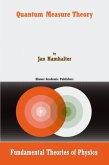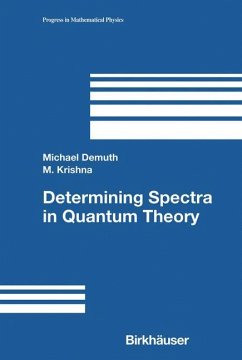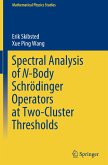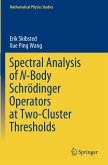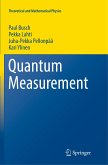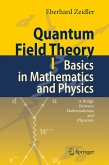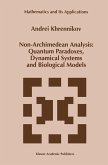This open access book develops the world of quantum physics without the onerous math prerequisites of all other texts. Rather than taking just a descriptive approach, or the conventional higher-math approach, this book develops rigorous quantum mechanics beginning at the level of a nonscientist. It is appropriate for advanced high-school students, lifelong learners, citizen scientists, undergraduate students, graduate students, and even current practitioners, engaging a wide group of topics that require no math beyond high-school level. It will also inspire college and high school instructors looking for new ways to introduce quantum ideas without advanced math. It provides the formal training needed for future work in quantum science and technology.
The book begins by employing Feynman s methodology to explain many mysterious concepts of quantum mechanics using only high-school math yet covering advanced ideas. It then develops formalism and abstraction while coveringundergraduate topics including spin, harmonic oscillator, angular momentum, nonrelativistic hydrogen, and particle in a box. The book concludes with an advanced treatment of graduate-level topics including time evolution, relativistic hydrogen, Heisenberg spin model, bosons and fermions, quantum simulation, second quantization, and quantum measurements. The math never advances beyond complex numbers and linear algebra and is fully self-contained. This volume, the second of two, covers advanced topics including dynamics, relativity, many-body physics, electron correlations, decoherence, quantization of light, and measurement. It is preceded by Volume 1 which covers conceptual ideas and quantum-mechanical reasoning, followed by single-particle quantum mechanics focused on static properties.
Many topics are treated at a level similar to state-of-the-art of research, beyond what is typically covered in graduate quantum courses. There is no longer any excuse not to learn about one of the most fascinating developments of human knowledge. Prepare yourself for the second quantum revolution. This book can make everyone into a quantum mechanic. Even you!
The book begins by employing Feynman s methodology to explain many mysterious concepts of quantum mechanics using only high-school math yet covering advanced ideas. It then develops formalism and abstraction while coveringundergraduate topics including spin, harmonic oscillator, angular momentum, nonrelativistic hydrogen, and particle in a box. The book concludes with an advanced treatment of graduate-level topics including time evolution, relativistic hydrogen, Heisenberg spin model, bosons and fermions, quantum simulation, second quantization, and quantum measurements. The math never advances beyond complex numbers and linear algebra and is fully self-contained. This volume, the second of two, covers advanced topics including dynamics, relativity, many-body physics, electron correlations, decoherence, quantization of light, and measurement. It is preceded by Volume 1 which covers conceptual ideas and quantum-mechanical reasoning, followed by single-particle quantum mechanics focused on static properties.
Many topics are treated at a level similar to state-of-the-art of research, beyond what is typically covered in graduate quantum courses. There is no longer any excuse not to learn about one of the most fascinating developments of human knowledge. Prepare yourself for the second quantum revolution. This book can make everyone into a quantum mechanic. Even you!


